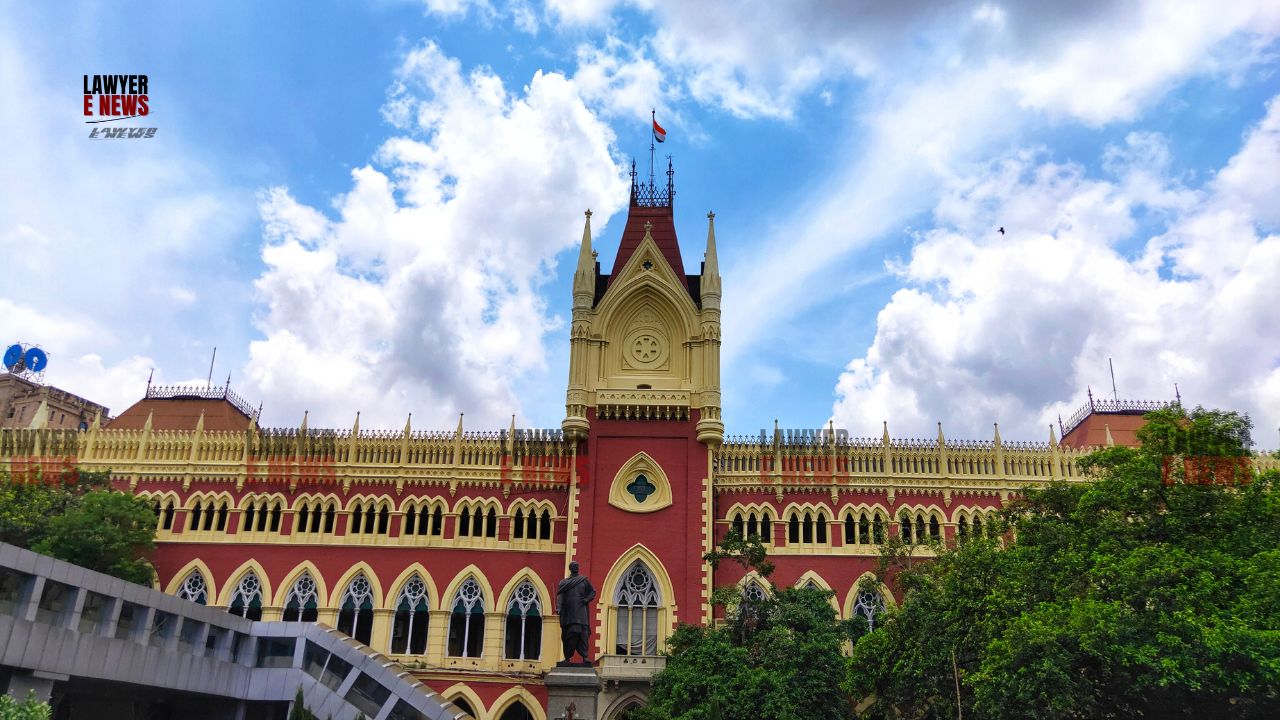-
by Admin
15 February 2026 5:35 AM



The Calcutta High Court recently overturned a lower court’s decision to grant pay revisions to retired library staff of the Indian Institute of Management Calcutta (IIMC). The Division Bench, comprising Justices Debangsu Basak and Md. Shabbar Rashidi, ruled that the petitioners were barred by delay and laches, having waited over three decades to claim pay parity with other university library staff. This judgment underscores the importance of timely action in seeking legal remedies.
The appellants, IIMC and others, challenged a March 11, 2024, judgment by a Single Judge that had granted pay revisions to the retired library staff. The original petitioners had sought benefits similar to those awarded to certain other library staff members following a 1989 government order revising pay scales for non-teaching staff in universities and technical institutions. However, the petitioners did not pursue their claim until 2022, long after their retirement.
The court emphasized that the petitioners had unreasonably delayed seeking relief. The right to claim pay revisions emerged as early as 1989, yet the petitioners did not file their writ petition until 2022. The court highlighted that “inordinate delay would only invite disaster for the litigant who knocks at the doors of the court”.
Judgment in Rem vs. Judgment in Personam: The petitioners argued that the previous judgments regarding pay revisions should apply to them as well, citing the principle of parity. However, the court clarified that those earlier judgments were not in rem (applicable to all similarly situated individuals) but in personam (applicable only to the parties involved in the case). As the petitioners were not parties to the earlier litigation, they could not automatically claim the same benefits.
The court referred to the Supreme Court’s rulings in Union of India vs. Tarsem Singh and State of Madhya Pradesh vs. Yogendra Shrivastava to support the principle that relief relating to arrears should generally be limited to three years before the filing of the petition unless there is evidence of a continuing wrong. In this case, the court found no such continuing wrong, thus limiting the possibility of relief.
Justice Debangsu Basak remarked, “Delay reflects inactivity and inaction on the part of a litigant — a litigant who has forgotten the basic norms… law does not permit one to sleep and rise like a phoenix.” The court was firm in its stance that the petitioners’ delay was fatal to their case.
The Calcutta High Court’s decision serves as a stark reminder of the doctrine of laches in legal proceedings. By setting aside the lower court’s judgment, the court has reinforced the principle that justice must be sought within a reasonable time frame. This ruling is expected to have significant implications for similar cases where claimants have delayed pursuing their rights.
Date of Decision: September 2, 2024
Indian Institute of Management Calcutta & Ors. Vs. Ananta Kumar De & Ors.
